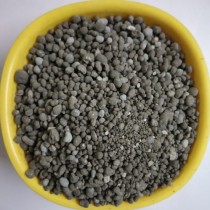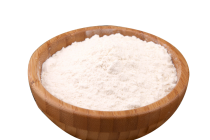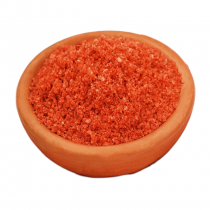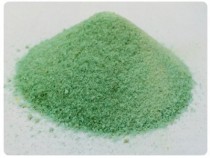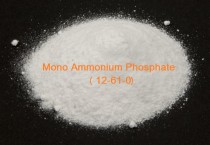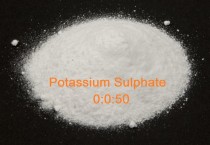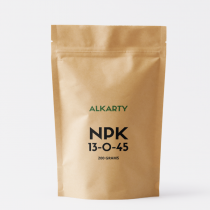off
Potassium sulfate (K?SO?) is a water-soluble fertilizer that provides plants with potassium and sulfur, both of which are essential nutrients. Here are some key uses of potassium sulfate in plants: Potassium Supply: Potassium is a vital nutrient for plants, playing a crucial role in various physiological processes. It contributes to enzyme activation, water uptake, photosynthesis, and the movement of nutrients within the plant. Flowering and Fruit Development: Potassium is particularly important during the reproductive stages of plant growth. Adequate potassium levels promote flowering, fruit development, and the overall quality of fruits. Water Regulation: Potassium helps regulate water uptake and loss in plants. It enhances the ability of plants to withstand drought stress and contributes to the opening and closing of stomata. Disease Resistance: Potassium is associated with improved resistance to various diseases. Plants with sufficient potassium levels are often better equipped to resist pathogen attacks and environmental stressors. Stress Tolerance: Potassium helps plants tolerate environmental stresses such as high temperatures, salinity, and other adverse conditions. It contributes to the overall stress resilience of plants. Cellular Turgor and Structure: Potassium is essential for maintaining cellular turgor pressure, which is crucial for the structural integrity of plant cells. This contributes to plant rigidity and helps prevent wilting. Nutrient Uptake and Transport: Potassium is involved in the uptake and transport of other nutrients within the plant. It enhances the movement of nutrients from roots to various plant tissues, ensuring balanced nutrition. Quality of Crops: Adequate potassium levels can improve the quality of harvested crops. This includes factors such as size, color, taste, and nutritional content. Soil Fertility Improvement: Potassium sulfate can be used to replenish potassium levels in soils. It is especially useful in situations where soils are deficient in both potassium and sulfur. pH Neutral: Potassium sulfate is a neutral salt, and its use does not significantly impact soil pH. This makes it suitable for situations where potassium is needed without affecting the soil's acidity or alkalinity. Compatibility with Other Fertilizers: Potassium sulfate can be used in combination with other fertilizers to create a balanced nutrient mix tailored to specific crop and soil requirements. Fertigation and Foliar Application: Potassium sulfate can be applied through irrigation systems (fertigation) or as a foliar spray. Foliar application allows for the direct absorption of nutrients through the leaves. It's important to note that the use of potassium sulfate should be based on soil testing to determine the existing nutrient levels and the specific needs of the plants being grown. Following recommended application rates and guidelines will help prevent over-fertilization and ensure optimal plant growth.
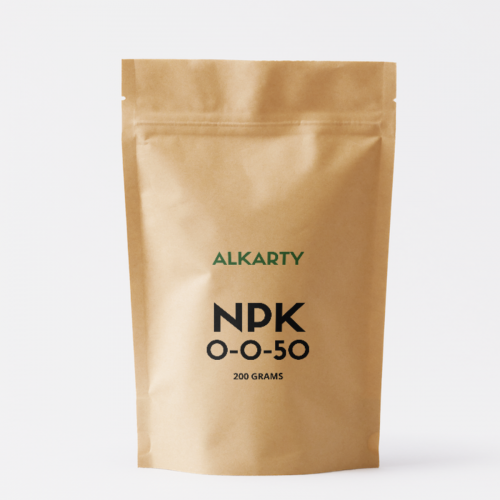
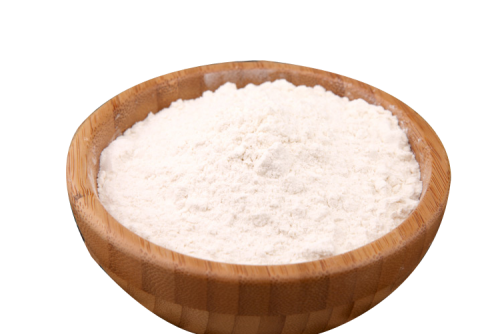
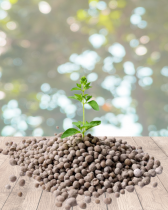
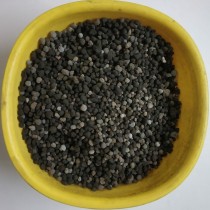
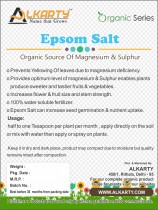
.png)
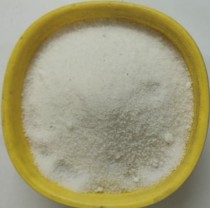
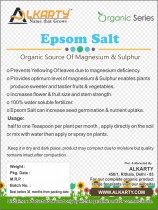
.png)
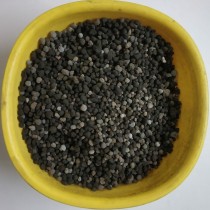
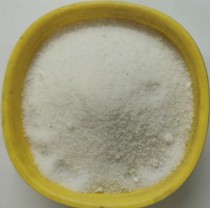
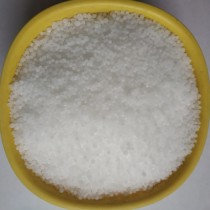
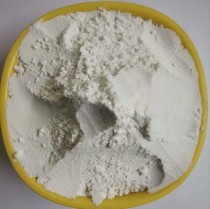
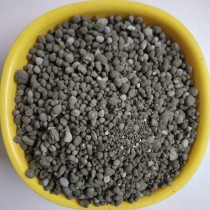
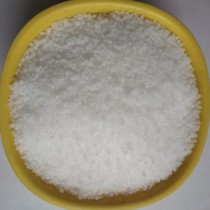
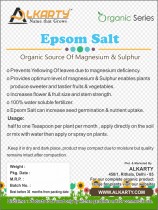
.jpg)
